Vitamin B6 is one of the most important B Vitamin for normal functioning of our body. It is part of the Vitamin B complex group and serves as a cofac…
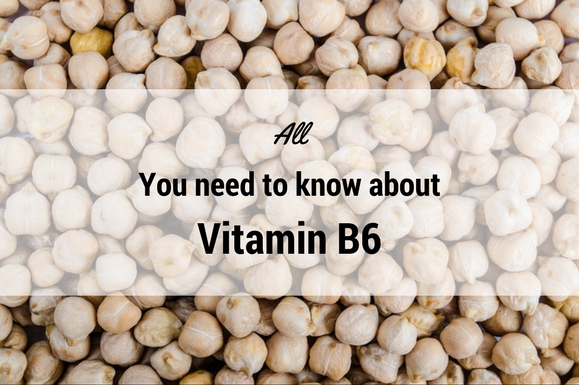

Vitamin B6 is one of the most important B Vitamin for normal functioning of our body. It is part of the Vitamin B complex group and serves as a cofac…
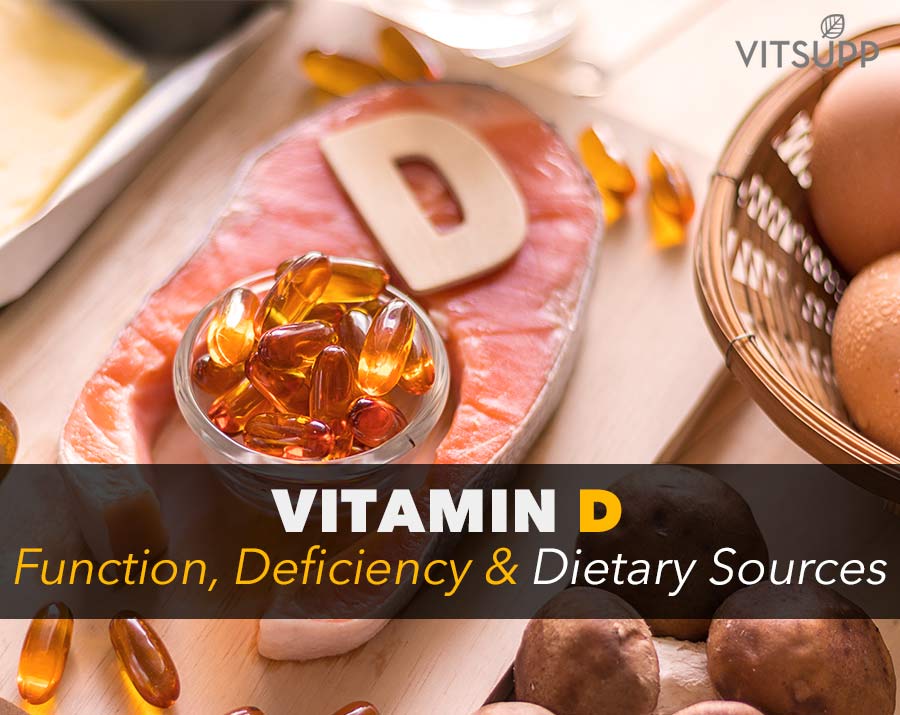
We’ve seen several food labels and cosmetic products state that it contains vitamin D, and just like any other nutrient, we know that vit…

Vitamin C or L-ascorbic acid, or simply ascorbate, is an essential nutrient. Vitamin C is a cofactor in at least eight enzymatic reactions, inc…
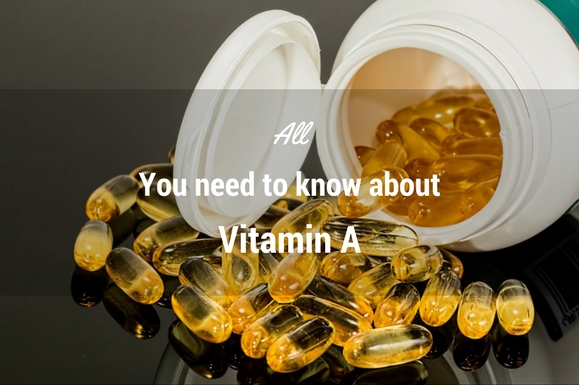
Vitamin A, a fat soluble vitamin, has multiple functions: it is important for growth and development, for the maintenance of the immune system…
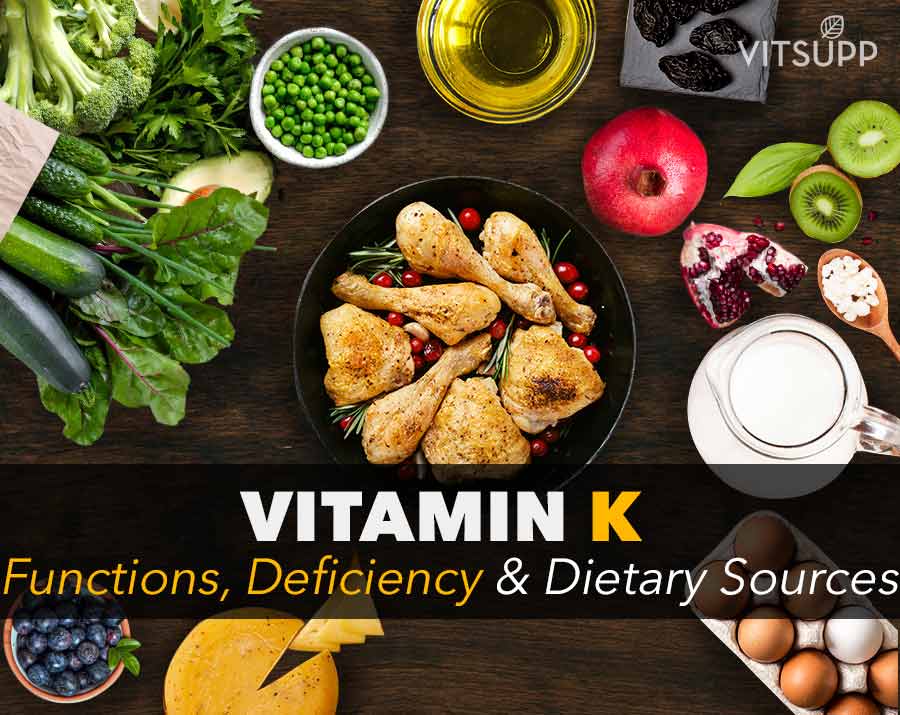
If you cut your hand while slicing vegetables, you probably just shrug it off and continue. Because we know that the blood will clot and the wound …
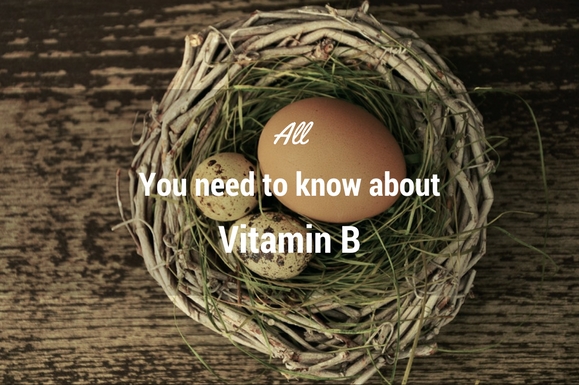
B vitamins are a class of water-soluble vitamins that play important roles in cell metabolism. Though these vitamins share similar name…
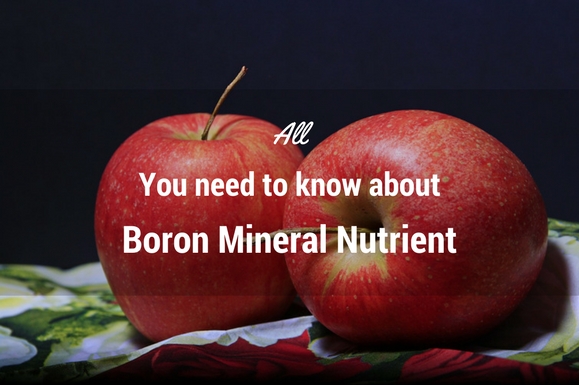
Boron (B) is not considered to be an essential mineral nutrient, however with increasing focus and research its role in good health is better un…
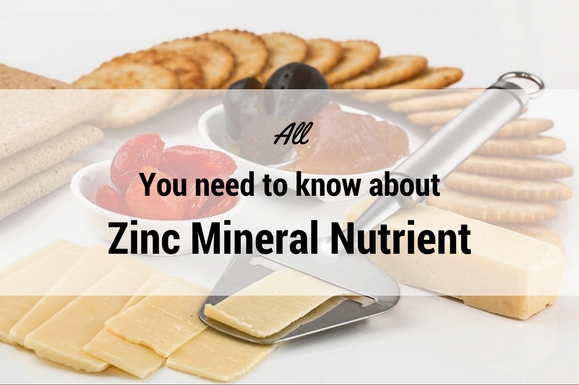
Zinc is one of the most important essential trace mineral human body needs. The content of Zinc is second only to Iron in human body.
Zinc body con…
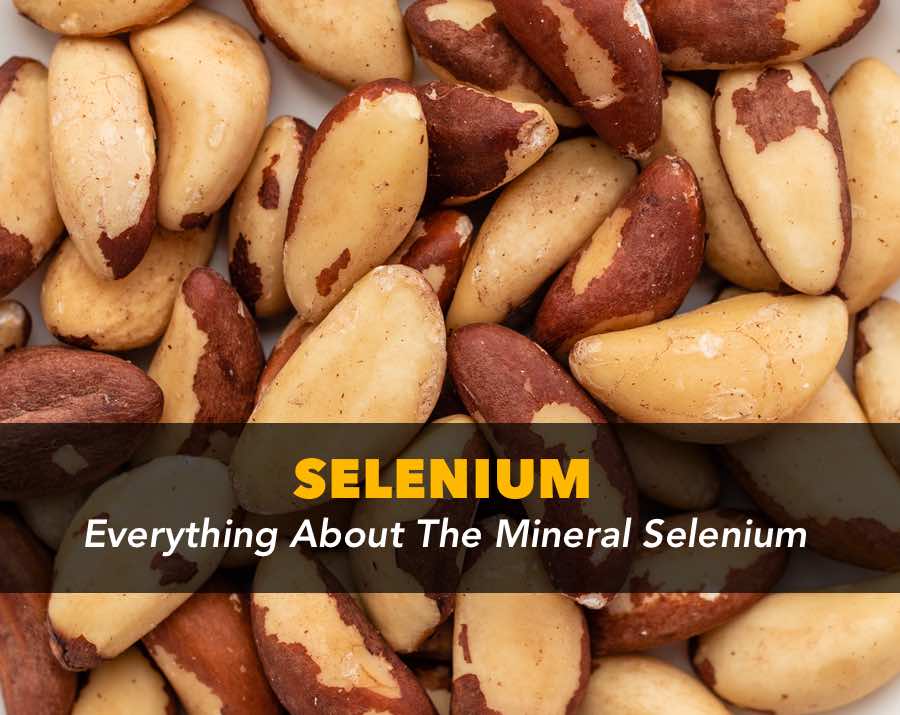
Selenium is an essential micro-nutrient for humans. The human body’s content of selenium is about 13–20 milligram. As it is an essentia…
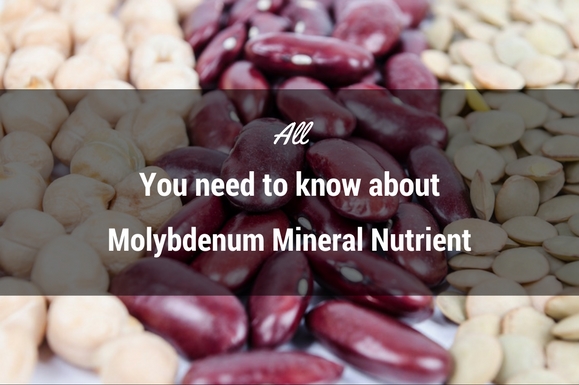
Molybdenum is a trace mineral and stored in liver, kidney, glands, lungs, spleen, skin, muscles and bone. Total-body molybdenum (Mo) content …
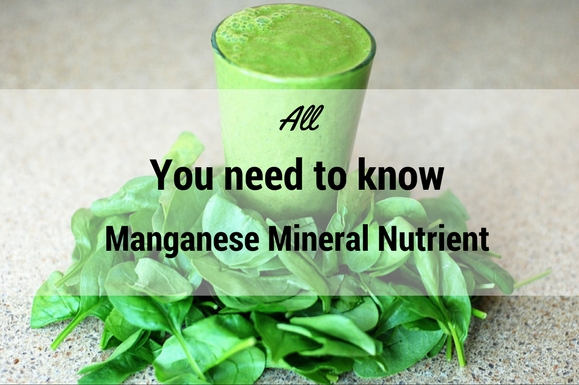
Manganese is an important mineral nutrient for human health, being absolutely necessary for development, metabolism, and the antioxidant s…
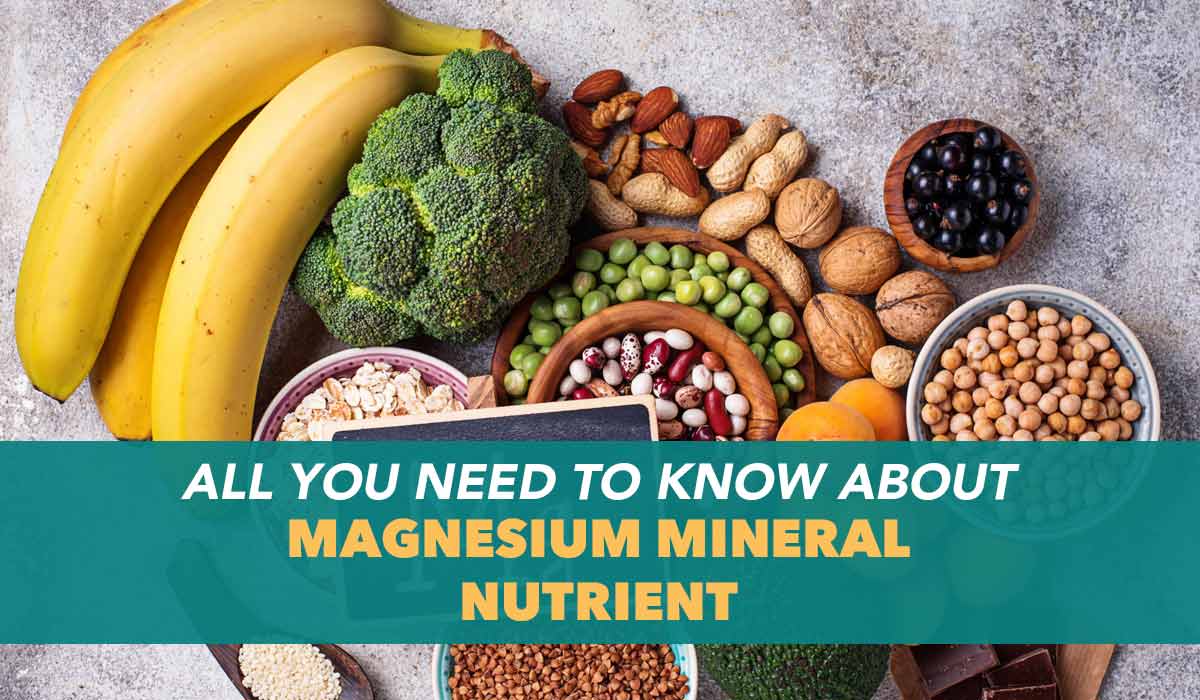
Magnesium is often cited as the element most deficient in modem diets.
Total-body magnesium is about 25 grams, of which more than 50% resides in …